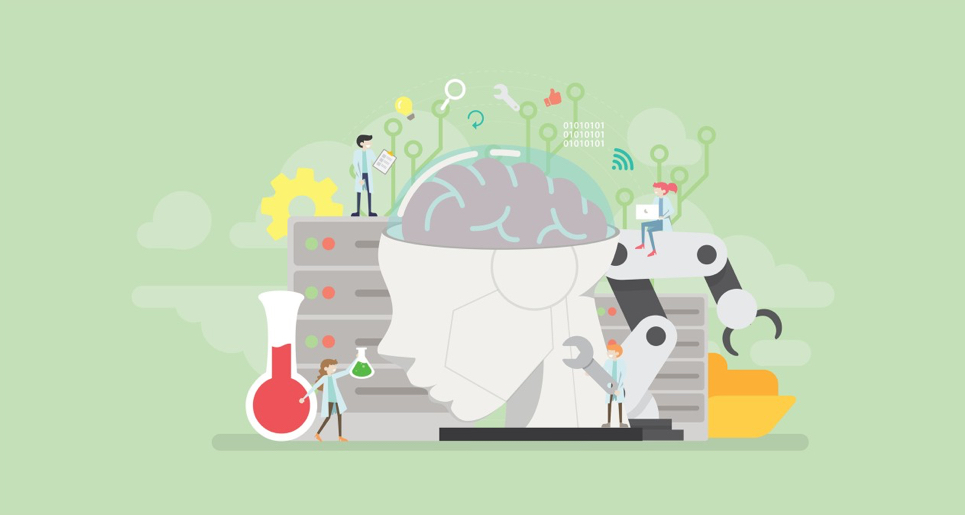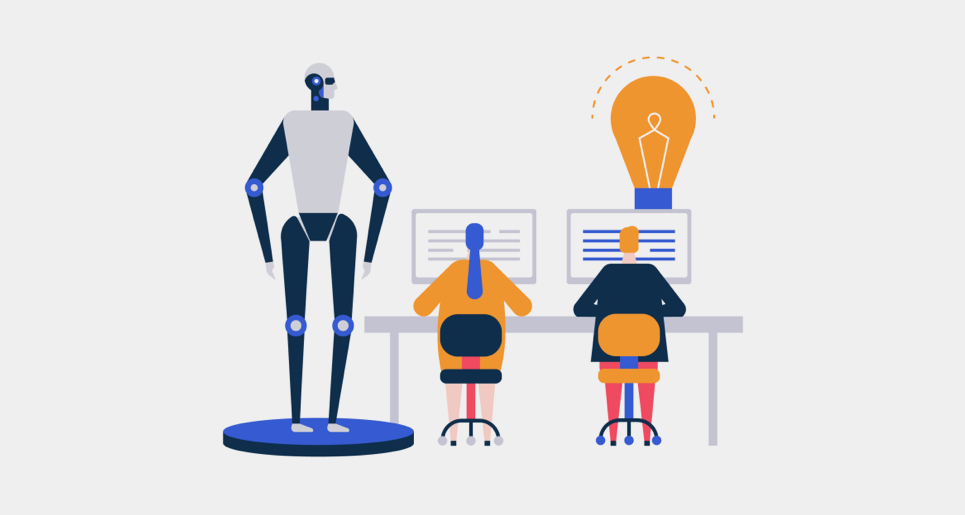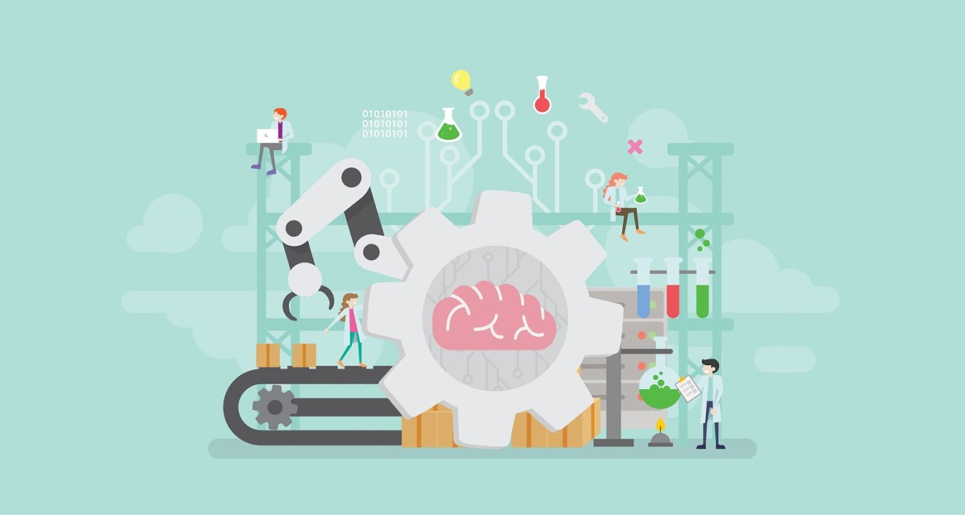Around the world, we are observing the great resignation wave, with thousands of people leaving jobs and beginning completely new careers[1]. One of the primary reasons people pivoted to a new career was the numbing boredom they faced with dumbed-down job roles that could not challenge them. We spoke of two examples of this in our previous post, but there are scores of other such jobs.
As employees get taken off from monotonous and repetitive jobs, they will act more like humans and less like robots. In other words, employees will love doing jobs that challenge them to think. The employer would get a set of employees with much better engagement in their job roles. An ideal win-win situation for all. But then what would employees who get taken off from repetitive jobs do next? We foresee a future where intelligent automation can do such repetitive work, freeing many employees to do better and bigger things.
For example, someone who has been spending much time on excel sheets could make a more real contribution to financial planning if the chore of creating spreadsheets were automated.
How about the hundreds of person-hours spent by recruiters to extract relevant data from resumes? RPA can be used to go through hundreds of documents quickly and extract structured data from them. In addition, this change will free up that hiring professional to spend time thinking of ways to improve employee engagement for new hires.
In an organization’s finance and accounting division, software robots can process thousands of invoices quickly, giving the employees bandwidth for other tasks that add more value to the operations.
The possibilities are endless. Does all this sound exciting to you? We at Visualyze can’t wait to get started on replacing the ‘boring’ with the ‘thinking’ in the workplace of tomorrow. So we would be keen to hear from you – how do you see the future of work?







